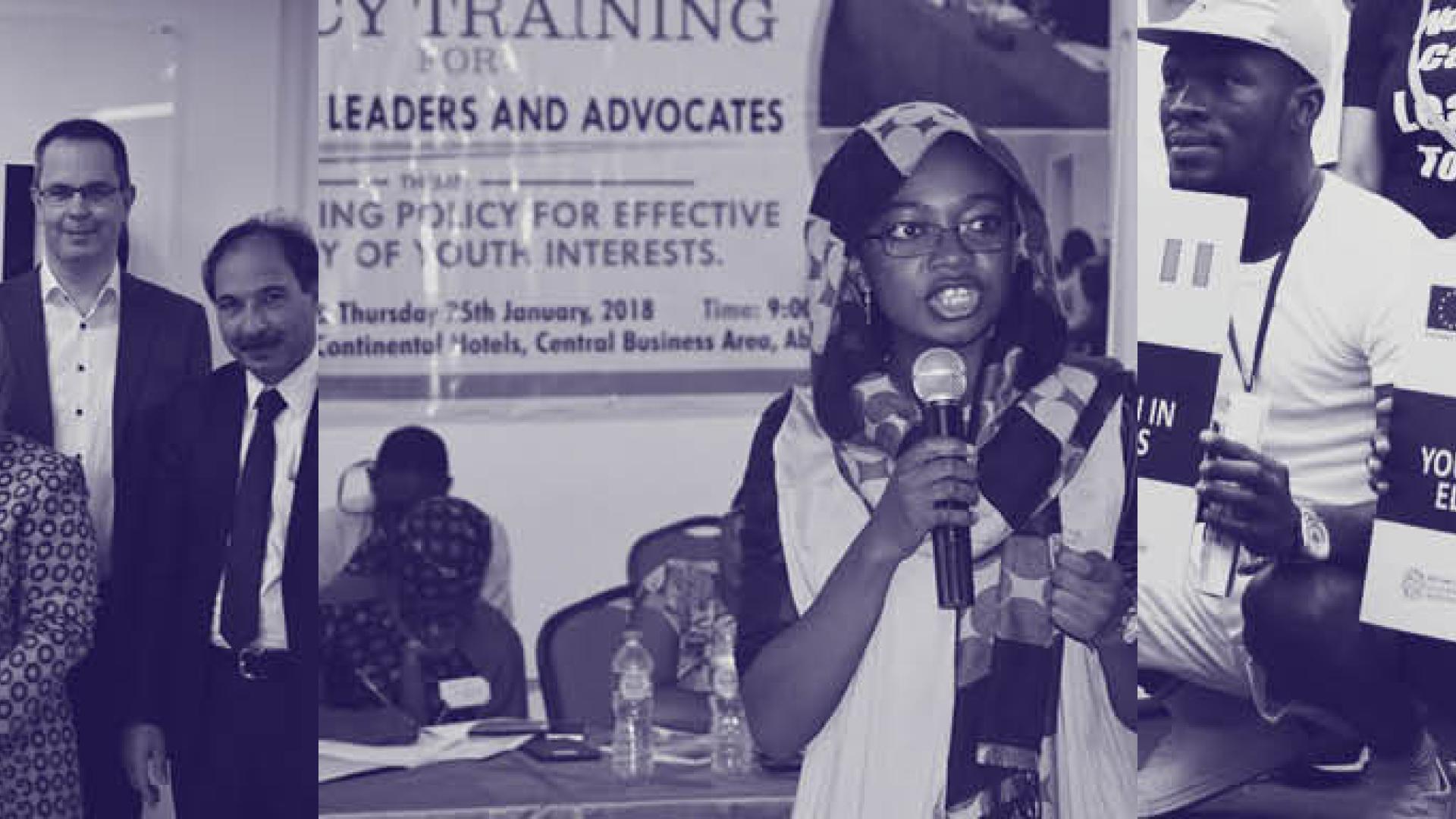2017-2022 Strategic Framework

In September 2017, WFD marked its 25th anniversary with the launch of a new Strategic Framework. This guided the development of the Foundation until 2022.
WFD’s vision is the universal establishment of legitimate and effective, multi-party democracy. Delivering on this vision is beyond the scope of any individual organisation. Democratic processes are shaped by many actors including citizens and social movements, government, political parties, media, civil society organisations, universities, private sector organisations, and traditional authorities.
WFD’s traditional focus – supporting more effective political parties and parliaments – remains our mission.
However, institutional strengthening of parliaments and political parties is critical but rarely sufficient to transform political systems. Lasting change requires multiple actors to overcome significant obstacles – political, institutional, technical, logistical, and financial – to achieve their goals.
We also engage directly with civil society, electoral and other independent institutions. We support them to strengthen their skills and work together to bring about greater accountability, more credible elections, improved policy making, increased citizen participation and more inclusive representation.
Themes we work on
Read more about the themes we work on
Our work on elections
WFD continues to build on its existing work recruiting, training, and deploying UK election observers and launch new programmes to strengthen electoral institutions, including election management bodies, civil society organisations, domestic observation networks, political parties, legislatures, and, when appropriate, media.
More about our work on elections
Our approach
We bring together practitioners who share similar experiences to learn from each other and develop new methods.
We conduct political economy analyses (PEA) and use local knowledge and priorities to design and adapt our programmes.
We transform our training work, moving to a model of learner-led design that includes simulations, mentoring, secondments, handson support, and other forms of learning by doing.
We use regional and network programmes to enable learning between countries with similar traditions and challenges.
We also adopt new approaches to monitoring, evaluation, and learning – including process tracing and outcome matrices.
Working collaboratively
Collaboration with other organizations with different skillsets and methods will be increasingly important and help us to complement our action and address challenges from different angles. This will include a focus on partnering with other UK-based organisations.
As a member of the European Partnership for Democracy (EPD), we remain committed to working closely with leading European democracy assistance organisations and institutions. Following the Commonwealth Heads of Government Meeting (CHOGM) of April 2018 in London, expanded our partnership with institutions from the Commonwealth.